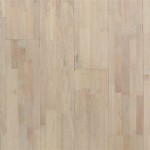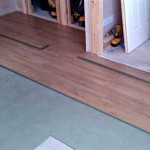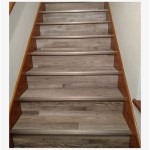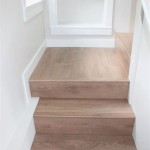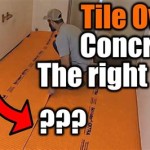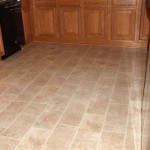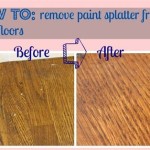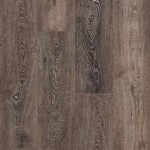Disadvantages of Vinyl Plank Flooring: Considerations Before Installing
Vinyl plank flooring has gained popularity due to its durability, affordability, and ease of installation. However, like any flooring material, it has certain drawbacks that should be considered before making a purchase.
1. Limited Durability
While vinyl plank flooring is known for its resilience, it is less durable than other options such as hardwood or laminate. It can be scratched or dented by heavy objects or pet claws, and prolonged exposure to sunlight can cause fading.
2. Susceptibility to Moisture
Vinyl plank flooring is not waterproof and can be damaged by excess moisture. Spills or leaks should be cleaned up immediately to prevent water from seeping into the joints and causing warping or buckling.
3. Emission of VOCs
Vinyl plank flooring can emit volatile organic compounds (VOCs) during installation and for a period afterward. These chemicals can contribute to indoor air pollution and cause health concerns for individuals with sensitivities.
4. Difficulty Replacing Damaged Planks
Replacing damaged vinyl planks can be challenging. While some manufacturers offer replacement planks, it can be difficult to find an exact match in terms of color and texture. Additionally, removing damaged planks without damaging adjacent ones can be a time-consuming process.
5. Lack of Authenticity
Compared to natural flooring options like hardwood or ceramic tile, vinyl plank flooring can appear less authentic. Its plastic composition and repetitive patterns may not suit all aesthetic preferences.
6. Potential Fading
Vinyl plank flooring can fade over time, especially in areas exposed to direct sunlight. This fading can cause a noticeable difference in color between areas exposed to light and those that are not.
7. Telegraphed Subfloor Issues
Vinyl plank flooring is typically installed over an underlayment. If the subfloor is not sufficiently level or smooth, imperfections can telegraph through the flooring, affecting its overall appearance.
8. Can Be Slippery When Wet
When wet, vinyl plank flooring can become slippery, posing a potential safety hazard. In areas where moisture is a concern, such as kitchens or bathrooms, appropriate mats or non-slip treatments may be necessary.
9. Not Biodegradable
Vinyl plank flooring is made from synthetic materials and is not biodegradable. This means that it will not decompose naturally in landfills, contributing to environmental concerns.
10. Limited Resale Value
While vinyl plank flooring can be an affordable flooring option, it may not add significant resale value to a property compared to other flooring materials such as hardwood or tile.

Biggest Advantages Disadvantages Of Vinyl Plank Flooring

Advantages Disadvantages Of Vinyl Plank Flooring Floorings

8 Disadvantages Of Vinyl Plank Flooring

Vinyl Flooring For Bathrooms Pros And Cons

Pros Cons Of Vinyl Plank Flooring Floor Techie

Disadvantages Of Vinyl Flooring Know Everything In Detail Contractor

The Disadvantages Of Vinyl Plank Flooring A Guide Reallyfloors America S Est Hardwood

8 Disadvantages Of Vinyl Plank Flooring

The Risks And Disadvantages Of Vinyl Flooring City Floor Supply Blog

Luxury Vinyl Flooring Pros And Cons I Never Thought We D Do This To Our Main Floor Diy Life
See Also
